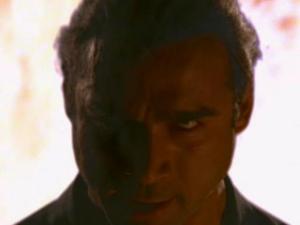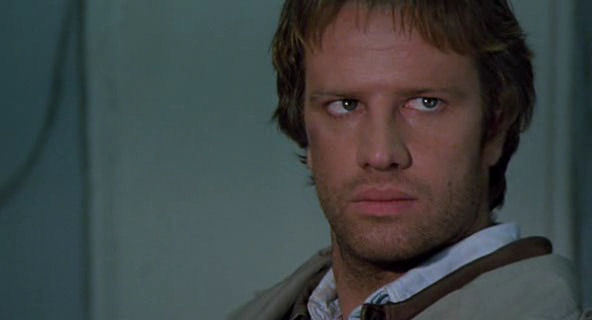Methos – Five Thousand Years
Five thousand years. That’s a lot of time to make mistakes, gain regrets and learn lessons. Imagine what it would be to watch empires rise and fall. To mingle with history’s greatest men and women. To be there when Rome rose to the pinnacle of civilization, or when men first broke orbit, or when the first colored television was invented. Five thousand years of history. How much of the world you would see, would change . . . and how much the world would change you? This is the life of Methos, the oldest Immortal alive in the fantasy drama Highlander the Series. He’s a unique kind of Immortal . . . then again, Highlander is a unique kind of show.
Let’s face it. Highlander’s titular protagonist Duncan MacLeod is a Boy Scout. He can always be counted on to do the right thing. Someone needs protecting? Duncan’s your man. Lost a loved one? Duncan will avenge them. He protects the weak; that’s just the man he is.
Methos is not that kind of man.
Think about it. He’s seen humanity at its best and its worst; all five thousand years of it. But, inevitably, those years take its toll. Unlike MacLeod, Methos sees things not in black-and-white but in shades of gray. Methos has come out of his shell upon meeting MacLeod, but he’s more survivalist than a warrior. He’ll fight the good fight; he’s just not as conservative about it.
Every Immortal in the Highlander franchise is – to a certain degree – defined by death. Immortals, the name notwithstanding, can be killed. Just behead them, and it’s over. However, the dead Immortal imparts his/her Quickening (the mystical sum of the Immortal’s knowledge and power) to the closest Immortal, making him/her stronger. The last Immortal standing receives the Prize, a power that would save or destroy humanity. This the Game. So being Immortal is a lot about survival.
So how does the world’s oldest Immortal – whose Quickening is powerful beyond imagination – live on when so many Immortals die? The answer? Hiding in plain sight. At his television debut, Methos is a member of the Watchers, the franchise’s super-secret organization charged with recording the exploits and lives of every Immortal that walks the earth. In fact, “Adam Pierson” (his current alias) is the Watcher in charge of the Methos Chronicle. Methos is in charge of recording his own life story. Now that’s a twist.
A big part of the television series revolves around flashbacks of Duncan’s life: seeing him interact with a world that’s come and gone. So it stands to reason that amidst five thousand years, Methos’ life is even grander. And in this the show does not disappoint.
Methos was Death. Methos was one of the Four Horsemen.
Think about it. One of the most terrible myths in history is real. This madman slaughtered millions for fun. And yet he was able to recognize the horror of what he was doing. He tries to be better than he was. And he succeeded. The man we meet in the show isn’t Death. Some might argue he doesn’t deserve redemption, but think about it. No matter Methos moves on, he has to live with what he’s done every day. That’s a greater punishment than anything I can think of.
Methos’ been many things: philosopher, scholar, warrior, but most of all a survivalist. He’s done a lot of terrible things. Methos is living proof that people can change. If he can break the cycle of his own destructive history, then maybe – just maybe – humanity can too.



